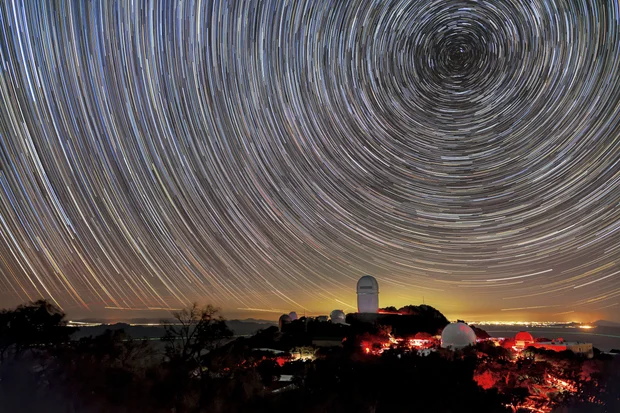New research by scientists at Radboud University in the Netherlands suggests that the universe could meet its end much sooner than previously anticipated, CBS News reports.
The study, published in the Journal of Cosmology and Astroparticle Physics, proposes a revised timeline for the universe’s death, though there’s no immediate cause for concern. The scientists estimate that the universe will continue to exist for approximately 10 to the power of 78 years—an incredibly long time, but far shorter than the previously estimated 10 to the power of 1,100 years.
The research, led by Heino Falcke, focused on the fate of white dwarf stars, which are considered some of the most durable celestial objects. These stars are believed to have lifespans far exceeding those of other stellar remnants, but according to the new study, their eventual demise will occur more quickly than thought.
The scientists applied the concept of Hawking radiation, a theory proposed by the renowned physicist Stephen Hawking in the 1970s. Hawking hypothesized that black holes emit radiation and gradually lose mass, ultimately evaporating over time. The Radboud team extended this theory to other cosmic objects, particularly white dwarfs, by calculating their “evaporation time” based on their density. This method led to the revised prediction of the universe’s demise.
Despite the significant reduction in the expected lifespan of the universe, Falcke emphasized that the end still lies far in the future.
“The final end of the universe is coming much sooner than expected, but fortunately, it still takes a very long time,” he said.
The study is not the only recent effort to explore the long-term fate of the universe. In March, a separate team of researchers proposed that dark energy, the mysterious force responsible for the accelerated expansion of the universe, may be weakening over time. If dark energy continues to diminish, the universe could eventually stop expanding and collapse in a scenario known as the “Big Crunch.” On the other hand, if dark energy remains constant, the universe will likely continue expanding indefinitely, becoming colder, darker, and more isolated.
While the research on the universe’s end raises profound questions, humans need not worry about it in the near future. Scientists estimate that the Sun will become too hot for life on Earth within about a billion years, eventually leading to the destruction of the planet. In around eight billion years, the Sun will expand and engulf the Earth, ensuring its fiery demise.
In the meantime, efforts to understand dark energy are ongoing. The European Space Agency’s Euclid mission, launched in 2023, is one of the most ambitious endeavors to study dark energy. Equipped with advanced instruments, Euclid is designed to map the universe and help scientists answer some of the most fundamental questions about its fate.










The latest news in your social feeds
Subscribe to our social media platforms to stay tuned